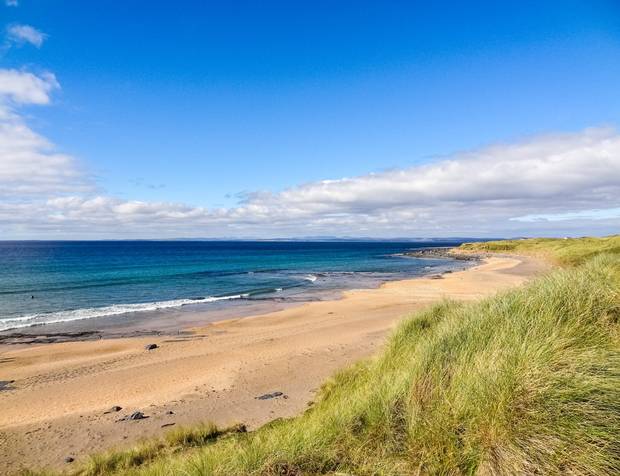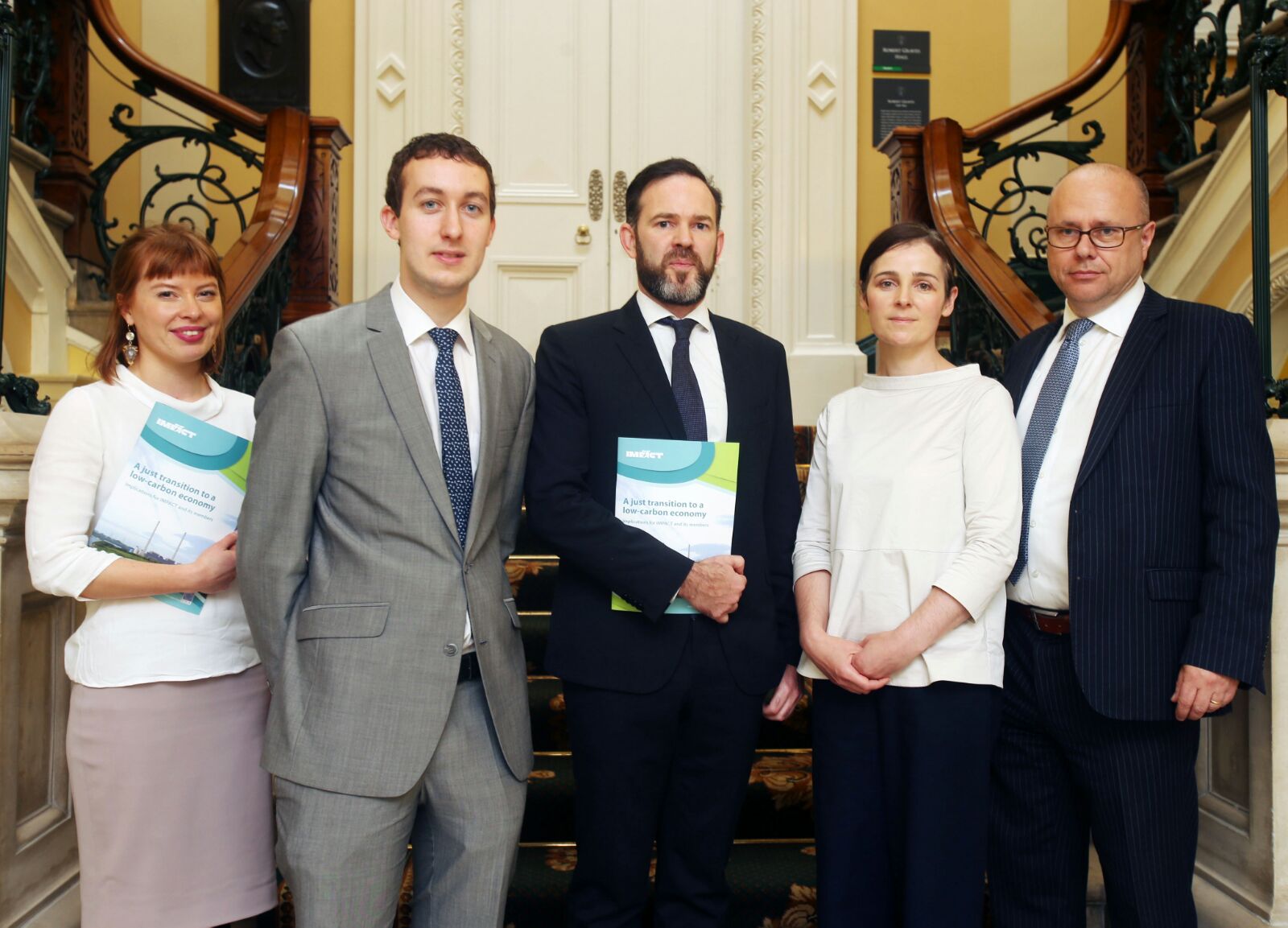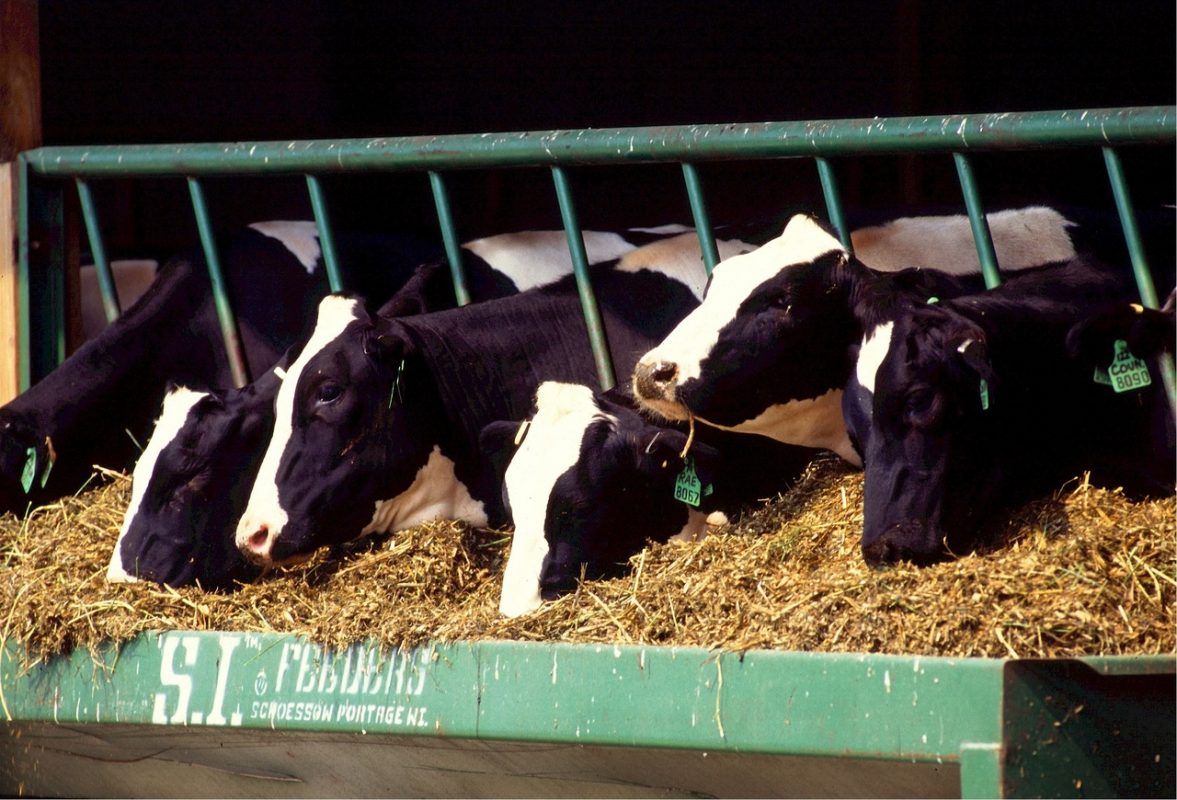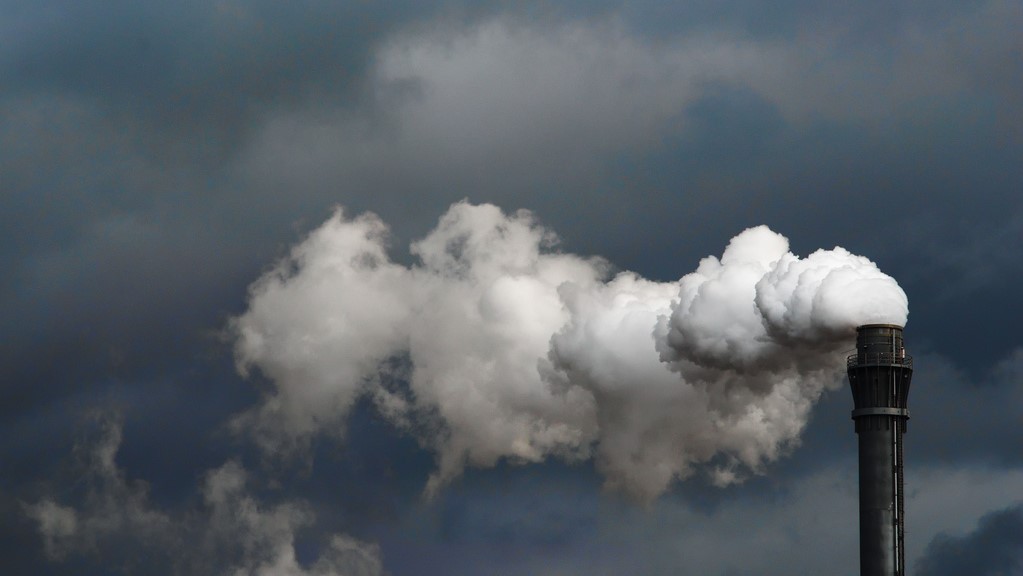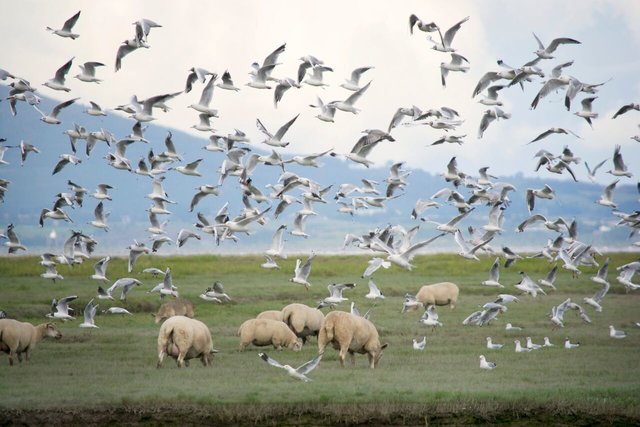Extreme weather hit farm income hard in 2018, says Teagasc

May 31st, 2019
Extreme weather events had a significant impact on farm incomes last year, new research from Teagasc reveals.
The agri-research body’s latest National Farm Survey reveals the extent of the financial impact of adverse weather in 2018 on Irish farm incomes.
Data gathered by Teagasc from over 800 farms shows that the average income across the entire sector was down 21 per cent to €23,483 in 2018.
A total of 29 per cent of farms had a farm income of less than €5,000 in 2018, with a further 15 per cent earning between €5,000 and €10,000.
An additional 32 per cent reported a family farm income of between €10,000 and €30,000.
This leaves over 75 per cent of Irish farms earning less than €30,000 a year, with only one in ten farms made making between €30,000 and €50,000.
According to Teagasc, farmers across the board struggled to cope with difficulties presented by severe weather and a long winter period that extended into spring with storm and snow conditions.
This led into an extremely dry summer that badly affected grass growth giving rise to a general fodder shortage, Stocks were already low due to the increased use of feed while livestock was indoors for longer over winter.
Ireland experienced one of its driest and warmest summers on record last year, with Met Eireann recording absolute drought conditions at 21 stations between 22 May and 14 July 2018.
According to Teagasc, the fodder shortage gave rise to a “dramatic escalation in concentrate feed” use on the farm. Average feed expenditure was up 34 per cent, the report states, as well as spending on fertiliser machinery contracting and fuel.
Good late season grass growth and an extended silage making campaign helped to avert even steeper increases in production costs later in the year, the report adds.

Average income drops
While still making an average of €61,000, the report states that dairy farms experienced the steepest decline in income, down 31 per cent from 2017.
This was mainly down to the use of more concentrate feed, use of which went up by almost one-third to 1,300 kg per cow.
Ireland imports almost 3.5 million tonnes of animal feed per year, mainly maize and soymeal grown in the likes of Argentina, Brazil, and the USA.
The average family farm income on cattle rearing farms dipped as low as €8,300, the report states, a 22 per cent drop from 2017. A sharp rise in production costs is identified as the main driver.
Other cattle farms such as finishers were also hit due to higher input expenditure, down 11 per cent with an average income of just over €14,000.
The average tillage farm experienced an 18 per cent bump in income to €42,678 as farmers benefitted from a large jump in harvest prices mainly due to the overall low availability of fodder.
In general, farm income continues to be highly reliant on direct payment, the report finds, as incomes remain low across the country.
[x_author title=”About the Author”]
